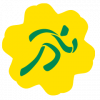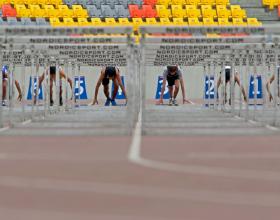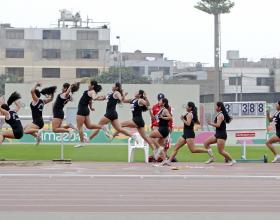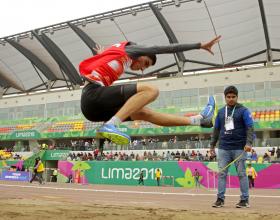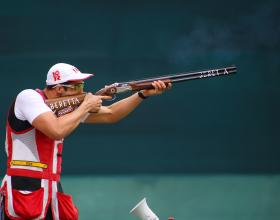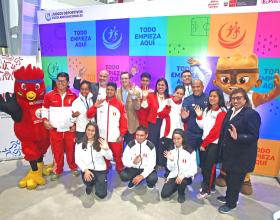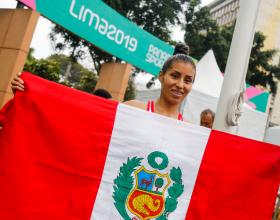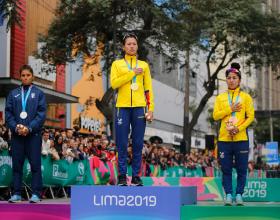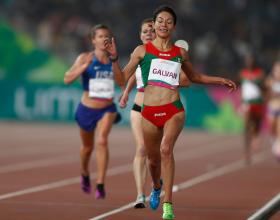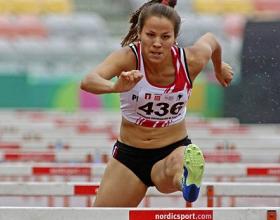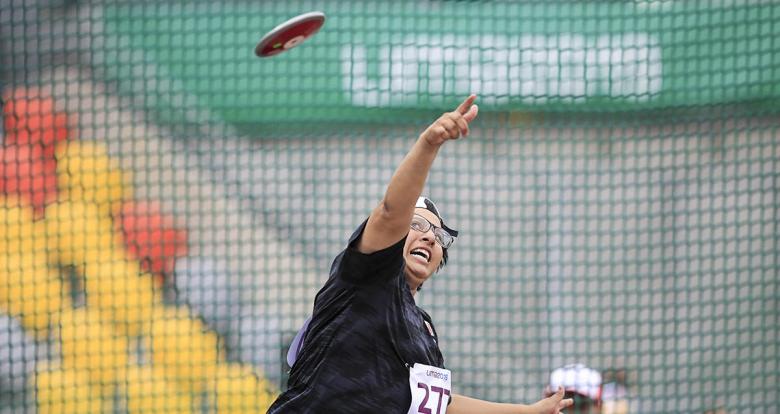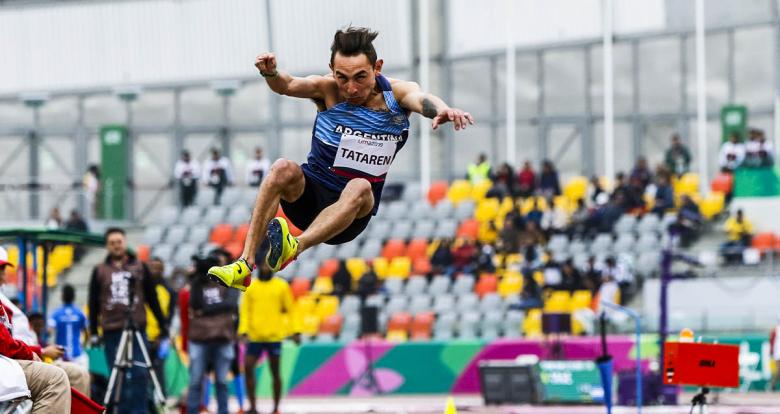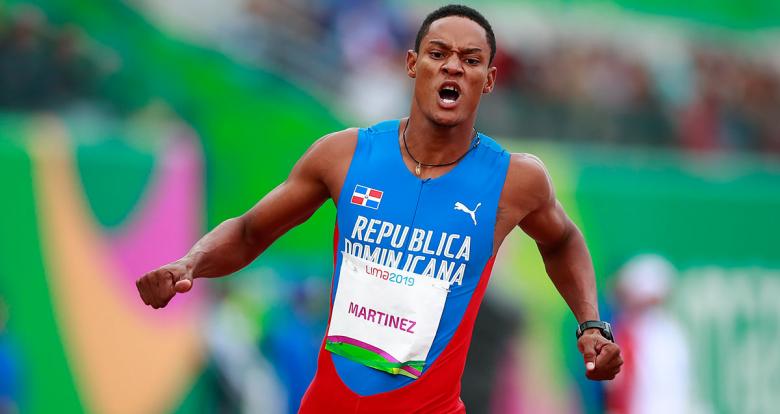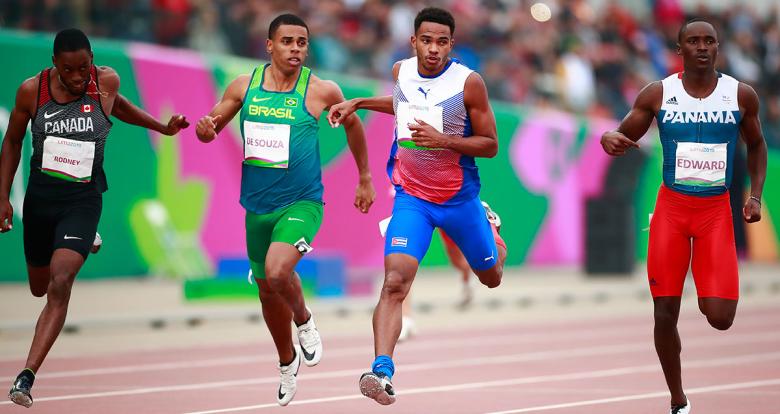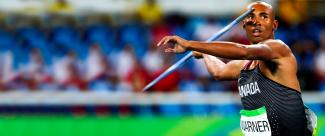
Athletics
|
MEN EVENTS
|
WOMEN EVENTS
|
|---|---|
| 100m | 100m |
| 200m | 200m |
| fences 110m | fences 110m |
| fences 400m | fences 400m |
| 3000m hurdles | 3000m hurdles |
| relay 4x100m | relay 4x100m |
| relay 4x400m | relay 4x400m |
|
men events
|
women events
|
|---|---|
| Shot put, discus throw, javelin throw and hammer throw | Shot put, discus throw, javelin throw and hammer throw |
| High jump | High jump |
| Long jump | Long jump |
| Triple jump | Triple jump |
|
MEN EVENTS
|
|---|
| 100m |
| 200m |
| fences 110m |
| fences 400m |
| 3000m hurdles |
| relay 4x100m |
| relay 4x400m |
|
WOMEN EVENTS
|
| 100m |
| 200m |
| fences 110m |
| fences 400m |
| 3000m hurdles |
| relay 4x100m |
| relay 4x400m |
|
MEN EVENTS
|
|---|
| Shot put, discus throw, javelin throw and hammer throw |
| High jump |
| Long jump |
| Triple jump |
|
WOMEN EVENTS
|
| Shot put, discus throw, javelin throw and hammer throw |
| High jump |
| Long jump |
| Triple jump |
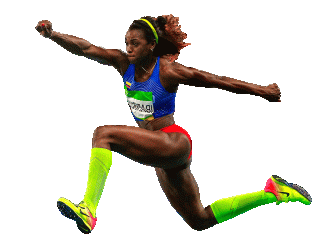
Athletics is one of the most popular sports in the world. It requires strength and discipline. Lima 2019 gathered a maximum of 740 competitors, men and women, in all events. The United States is the country with most awards in the history of Pan American Games athletics competitions with 292 gold medals and 709 medals in total. This sport was held at the Athletics Stadium of the National Sports Village (Videna). Only marathon and race walking took place at the course in Miraflores, the start and finish line of which was the iconic Parque Kennedy.
Athletics: It is considered the oldest organized sport in the world. Athletics has become one of the most practiced sports by people. The first written records of the sport date to 776 B.C. at the ancient Olympic Games. This sport includes running events (100, 200, 400 m, etc.), jumps (high, long, triple, pole vault), throws (shot put, discus, javelin), and combined events; it includes various disciplines grouped in 48 events in total, distributed in 24 for women and 24 for men, respectively.
Marathon: Marathon is a long-distance race. It is an athletics discipline that consists of running a distance of 42 km and 195 m, which requires great strength to reach the finish line. It was officially introduced as part of the athletics program at the Athens 1896 Olympic Games. Its origin lies in the myth of the heroic deed of the Greek soldier Pheidippides, who promptly collapsed from exhaustion and died after having run from Marathon to Athens to announce Greece’s victory over Persia.
Race Walking: Its origin dates back to England at the end of the eighteenth century, where this discipline became popular. It consists of walking as fast as possible, without running. Race walking is one of the most unknown disciplines within athletics, even though it is one of the first ones. However, there is a large number of countries where its practice has increasingly become popular, such as Spain, Italy, China, Japan, Mexico, Guatemala, Russia, among others.
Keywords
Hit the wall: In marathon, “hitting the wall” is when an athlete suffers a sudden loss of energy. The glycogen reserves in the liver and muscles depletes resulting in sudden fatigue, and in many cases, it does not allow them to continue.
Anchor leg: It is the last leg for a runner on a relay team.
Cage: The six-meter-wide area from which a competitor throws a discus or hammer.
Throwing circle: The concrete pad within the cage.
Curb: The inside corner of the running track.
False start: Except in combined events, any athlete responsible for a false start will be disqualified. In combined events, any athlete responsible for a false start will be warned. Only one false start per race will be allowed without disqualification. Any athlete responsible for further false starts will be disqualified.
Loss of contact: Term use in race-walk when both athlete’s feet are not in contact with the ground.
Red card: They are given in race walk for each infraction. When three red cards from three different judges have been given, the athlete is disqualified.
It is considered the oldest organized sport in the world. It includes various disciplines. Athletics dates back to the ancient Greece (776 BC) when the only event at the first Olympic Games was a foot race that covered the length of the Athenian Olympic stadium. The word ‘athletics’ is derived from the Greek atletes: “individual that competes in an event for a prize.” This sport is known as the art of outperforming opponents. It has evolved since the nineteenth century, with different track, jump and field events. Athletics is part of the Pan American Games since its first edition in Buenos Aires 1951.

Images


